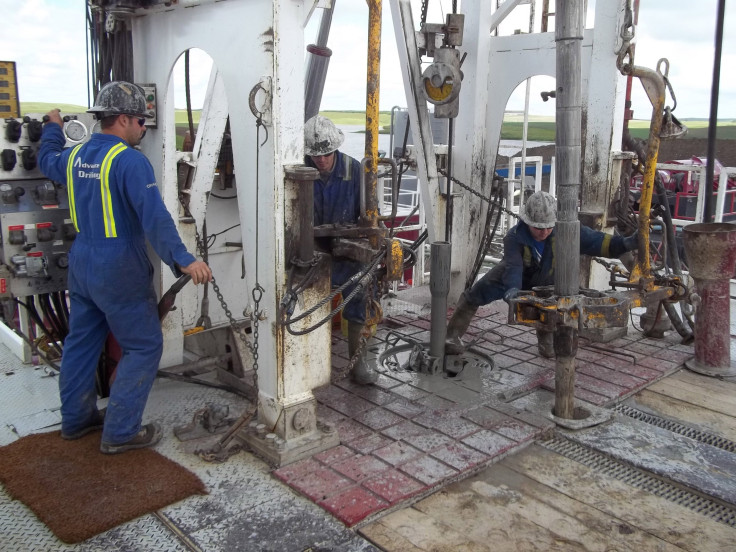US Oil From Fracking More Volatile, Widespread Than Previously Believed

The millions of barrels of oil pumped from shale rock around the country, in Colorado, Texas and other states, not just North Dakota, are full of unpredictable and flammable gases that make the crude difficult to move and process into fuel.
After a series of fiery train derailments in the past year, federal investigators in May identified the “ultralight” oil traveling by rail from North Dakota’s Bakken Shale as an “imminent hazard,” meaning it significantly inflicts risk of death and injury to people and the environment, because of what they called its unusually flammable nature.
Now, energy experts say the high levels of gas in North Dakota’s Bakken crude are present also in oil pumped from many shale formations, including the Niobrara Shale in Colorado and the Eagle Ford Shale and Permian Basin in Texas, the Wall Street Journal reported.
U.S. oil production has risen in the past few years at levels not seen since the 1970s, boosted by applying new drilling techniques like hydraulic fracturing to plentiful shale formations to extract so-called tight or light oil. The U.S. Energy Information Administration expects American oil production to rise by 48 percent from 2012 to 2020, with tight oil accounting for 81 percent of that increase.
Until the recent boom, much of the oil U.S. refiners processed was dirty and heavy. Now, the crude can be so light and gassy that it froths over refinery units like champagne, and refiners must invest in new equipment to process more of the oil.
The increased supply has lowered the price of the new oil by $10 or more than the level of traditional crude, so energy companies are keen to ship their oil abroad, where buyers would be willing to pay more. Though there’s a decades-old ban on crude exports, federal officials recently gave two companies permission to export oil that’s been minimally processed.
With the ban still in place, companies can export refined fuel, which means refineries must continue investing in equipment to process the new light oil. If more companies are granted permission to export minimally processed oil, U.S. refineries will face more competition to process the oil, even after investing in the right equipment.
© Copyright IBTimes 2024. All rights reserved.






















